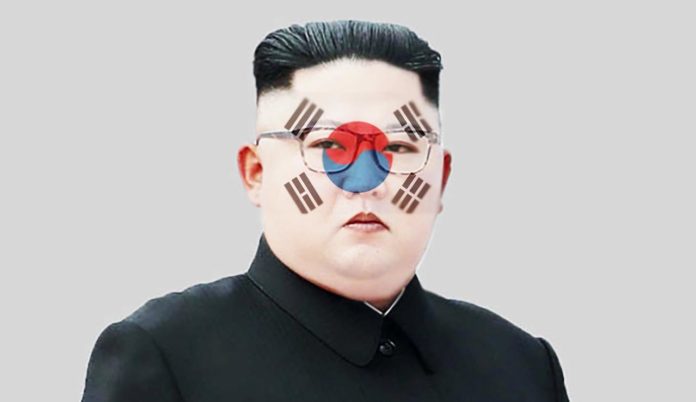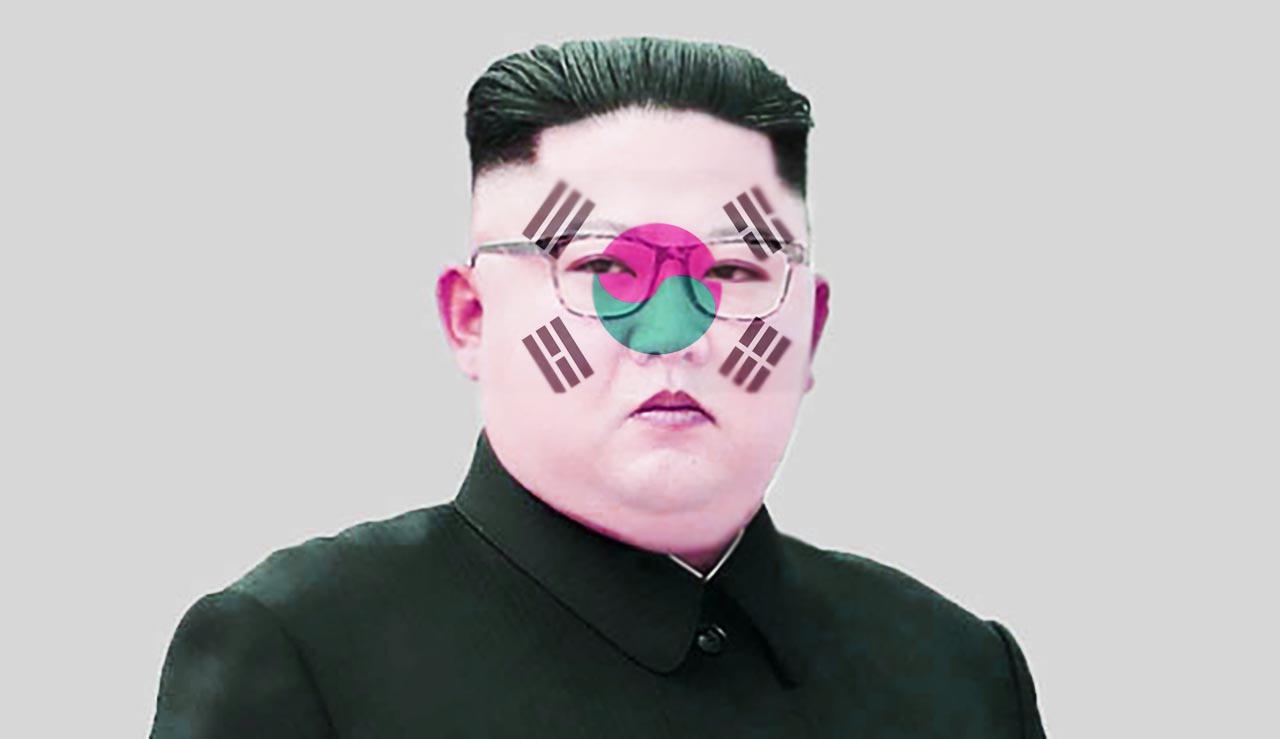
Boosting is an act of cheating in a video game, by using paid rank inflation or colluding with others to let one win and get more points. Although we all agree that boosting is cheating and should be illegal, South Korea’s punishment for this activity seems excessive. Indeed, it is reminding us of the Kim Jong Un style of punishment for people who get on the wrong side of politics.
South Korea Goes the Kim Jong Un Way in Gaming
Recently, South Korea passed an amendment that made boosting illegal. Companies that receive payment to arrange paid rank inflation can no longer do so. In fact, the punishment for anyone who cheats in gaming is now 2 years in prison. In addition to the prison term, the fine is up to $18,000. This is a move by the government to try to promote the video game development industry. Apparently, boosting weakens the systems that help match players to appropriate skill levels.

South Korea’s Excessive Punishment Leaves People Shocked
The excessive punishment of 2 years in prison, on top of a fine of up to $18,000, for helping your friend win extra points is shocking. Many people in South Korea struggle, including the young and the elderly. Many people commented on the news, including online users.
South Korea Goes the Kim Jong Un Way
The 2-year prison sentence for helping your friend elevate his video game level sounds like Kim Jong Un’s sentences. According to people who escaped North Korea, Kim Jong Un has labor camps that are designed to hold three generations of people. Anyone who commits a ‘crime’ in North Korea can get sentenced, along with three generations of families, to a labor camp. These ‘crimes’ can include forgetting to dust a Kim Il-Sung portrait or having contact with South Koreans. Now, South Korea’s sentences also seem to be getting crueler.
We hope that South Korea will reconsider the sentencing. The new types of punishments for petty misdeeds should not deserve two years in prison. Particularly, for young people who are under peer pressure or who might not know about the extreme rules.


























